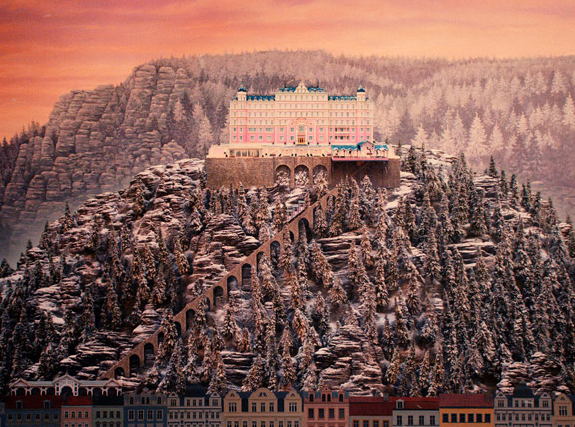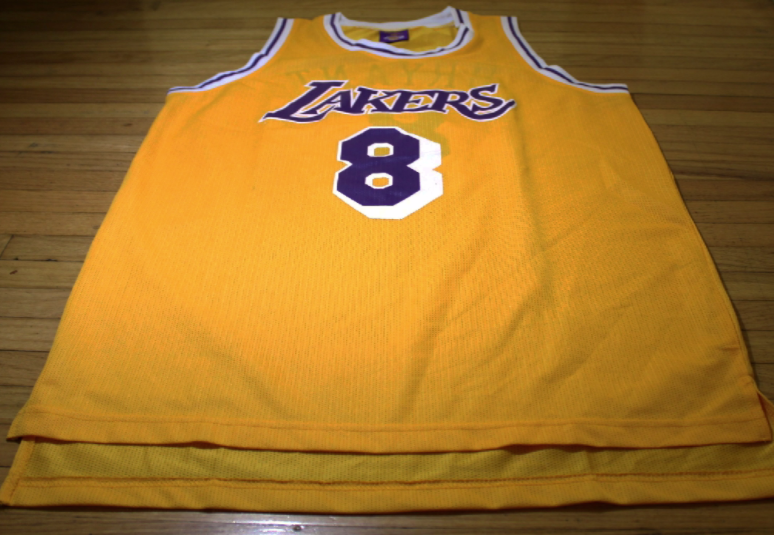Dani Klemes, web editor-in-chief
Friday, March 7, marked the limited release of Wes Anderson’s newest film–a vibrant, feathery tale of 1930s Eastern Europe and a certain hotel concierge, M. Gustave (Ralph Fiennes), who reigns over the prominent Grand Budapest Hotel in the fictional Republic of Zubrowka.

The plot unravels into an alternative comedy (which is almost reminiscent of a Nancy Drew mystery) about murder, stolen art and bellboy Zero Moustafa’s (Tony Revolori) unwavering devotion to the hotel and its concierge. Anderson uses Stefan Zweig’s memoir “The World of Yesterday” as the crux of the film, evoking similar artistic and political aspects from Zweig’s autobiographical account of European revolutions in the early twentieth century. For a film based around a world war (or rather, around the context of World War II), “The Grand Budapest Hotel” possesses an airy subtlety to it, one that transcends each of Anderson’s productions and is essential to the renown behind his literary whims.
That’s not to say that there is no violence or profanity. There is. But Anderson passes off the film’s sour language and crude innuendos as some endearingly twisted form of poetry. The film plays out as an elegant murder mystery. It’s witty and well-articulated and bears Anderson’s signature panache.
Stylistically, the film is immaculate. Anderson’s knack for color and perspective carry the movie through his paracosm–his imaginary world which is, almost irritatingly, perfect. Anderson is obsessive; he fawns over every detail of his creation (its currency, its highest altitude, even the obscure illnesses that strike its inhabitants). Which is no surprise considering that the eminence burgeoning from his name roots from his particular attention to detail.
Almost two years after the release of his Oscar nominated film “Moonrise Kingdom” (2012), which was nominated for Best Original Screenplay (and which lost to Quentin Tarantino’s “Django Unchained”), Wes Anderson released his film. And like its predecessor, “The Grand Budapest Hotel” was a tactful balance of kitsch and poise. But, also like its predecessor, it felt fairly empty.
Yes, the plotline is gripping, and yes, the visuals are breathtaking, but it almost felt like Anderson spent so much time on the minor aspects that the upshot and depth went forgotten. Ironically enough, the film’s flaw is that it is too flawless. Its scenes are graced by phenomenal performances (including those of Saoirse Ronan, Adrien Brody and Willem Dafoe), but the characters are, for the most part, static–by the end of the movie, there was nothing beyond a surface-level acknowledgment of them. We are familiarized with their quips and their idiosyncrasies, but in the 100 minutes of the film, we hardly get to know them.
The film, in fact, embodies the very essence of the hotel. It is gaudy and brilliant from the exterior, yet internally, it is vacant–vacant of guests and vacant of any form of cohesive message.
Anderson’s glamorous storytelling is, perhaps, the film’s redemption. I have yet to come to terms with a definite opinion of “The Grand Budapest Hotel,” but for the time being, while I still remain ambivalent, I give the film 6.5 stars.



































